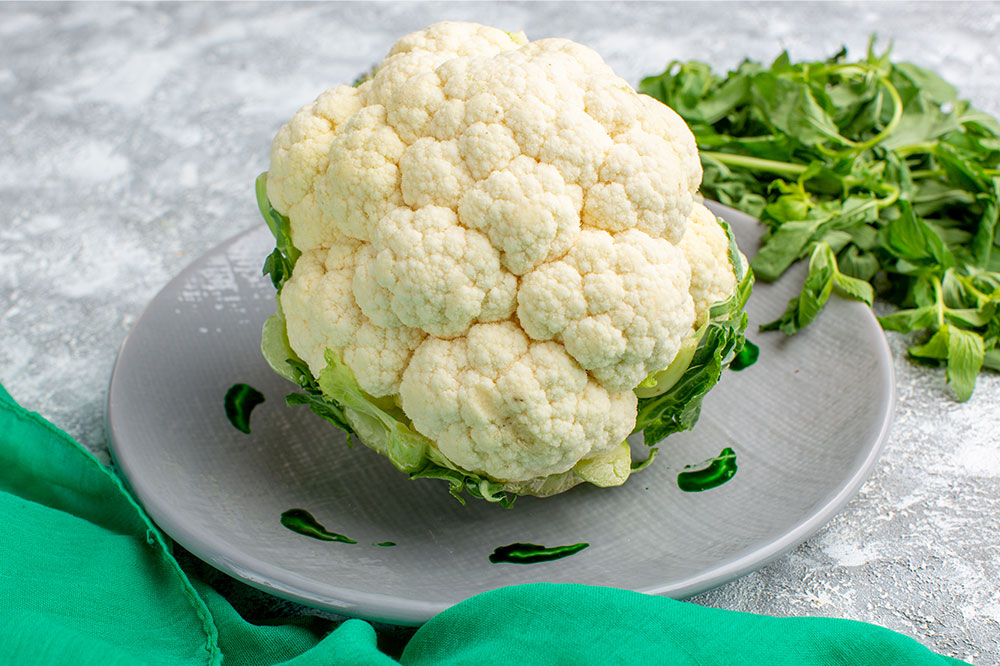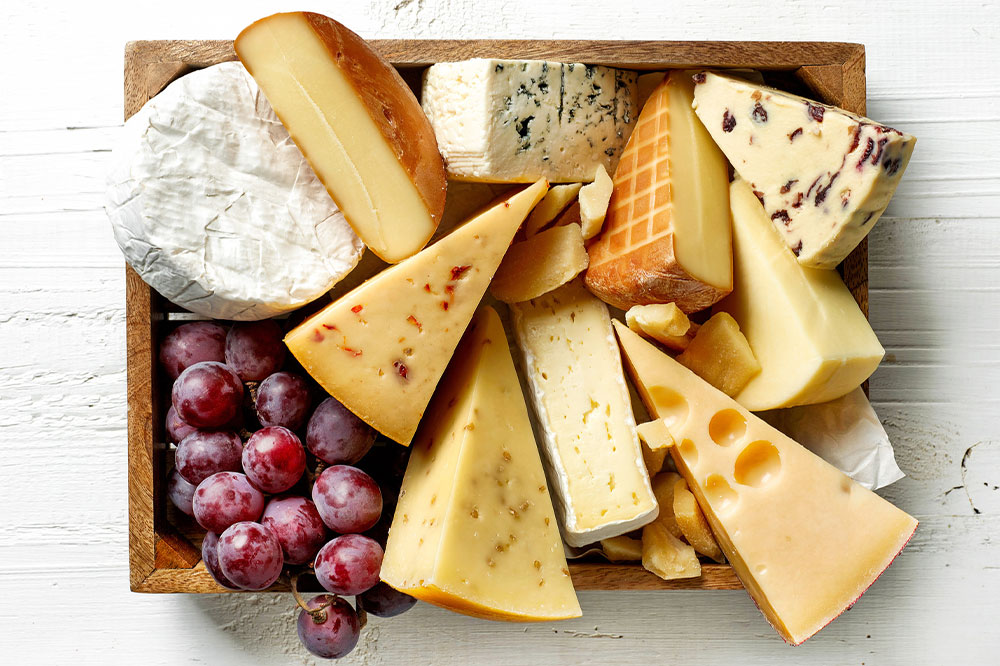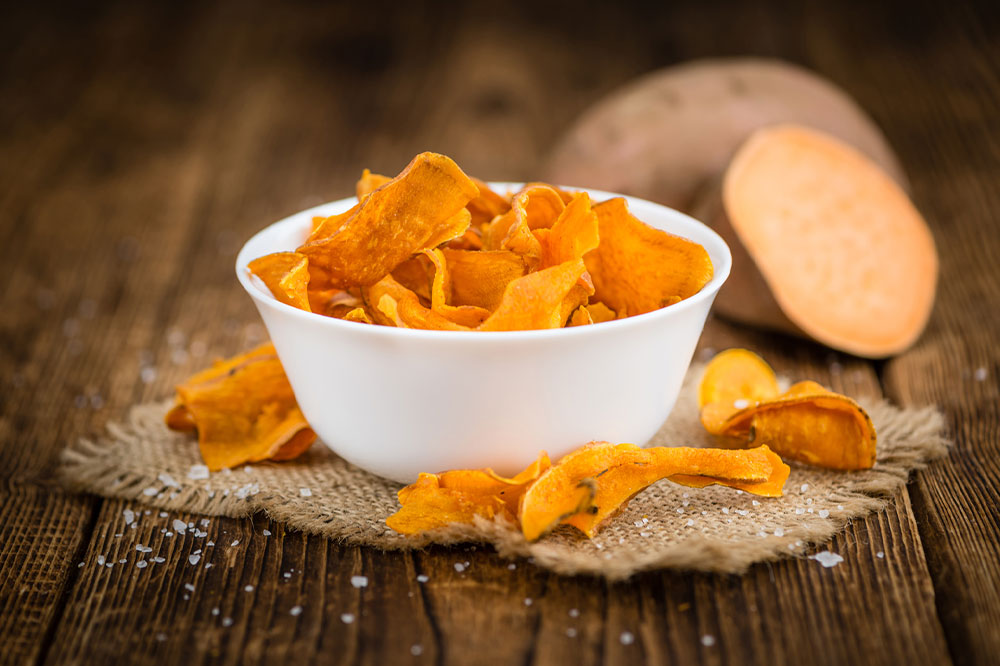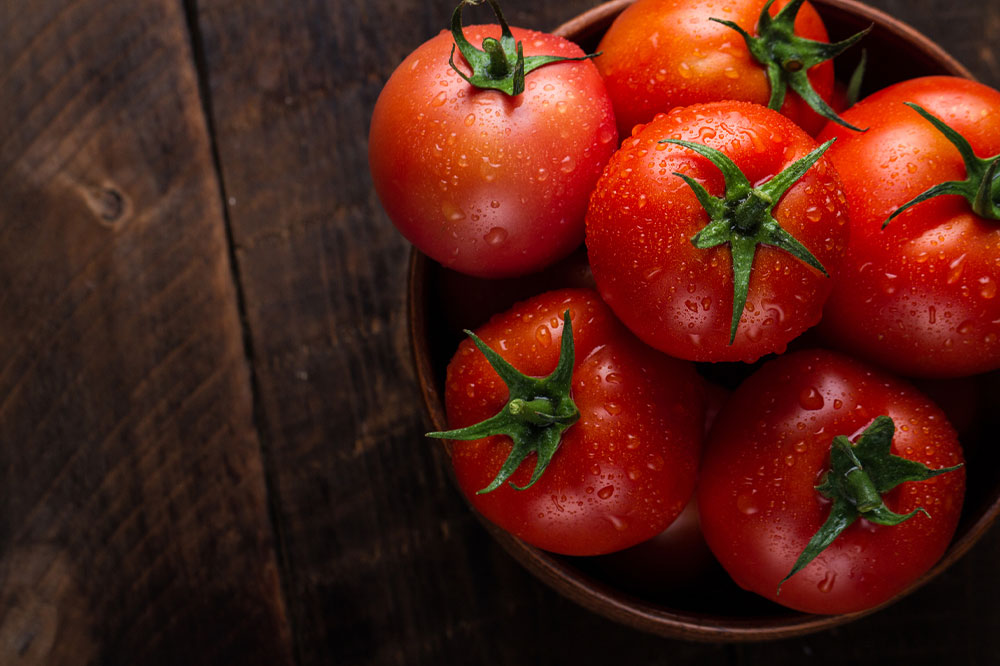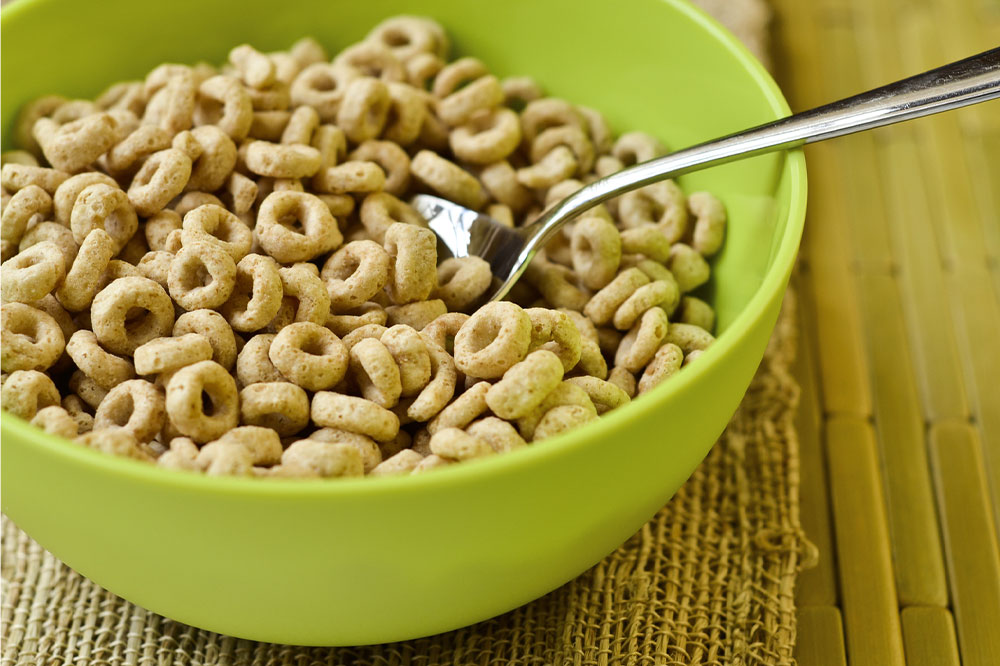Top 5 Foods for Managing Chronic Kidney Disease
For those living with chronic kidney disease (CKD), meals play an important role in helping maintain overall health and comfort. Food choices can significantly impact their ability to deal with the disease. Further, adding nutrient-rich foods to meal plans today can help ensure better kidney function in the long run. So, here are a few foods that should be added to the nutritional regimen when dealing with chronic kidney disease. What is chronic kidney disease? Chronic kidney disease (CKD) is a condition in which the kidneys gradually lose their ability to filter waste products and excess fluid from the blood. It typically develops gradually over a long period and can cause various symptoms, including fatigue, swelling, and changes in urination. The causes of CKD include high blood pressure, diabetes, and inherited conditions. Unfortunately, CKD often goes undiagnosed until it has progressed to an advanced stage, leading to serious complications such as kidney failure and the need for dialysis or a kidney transplant. As CKD progresses, it begins to affect vital organ functions until it ultimately develops into kidney failure. In advanced cases, dialysis or a kidney transplant may be required to replace the lost function of the kidneys. Recognizing the signs and symptoms of this common health concern early on is key to preventing further health problems.
Read More 